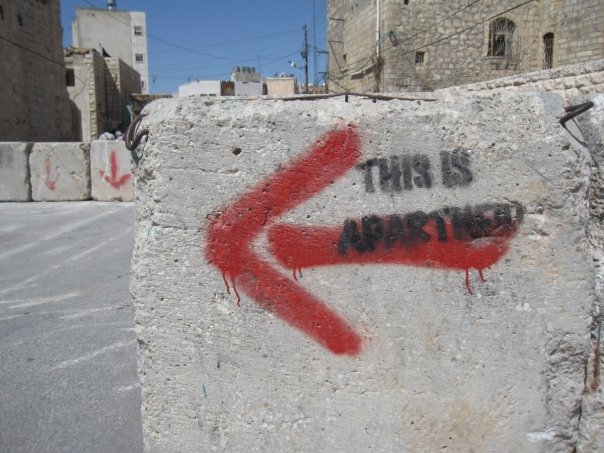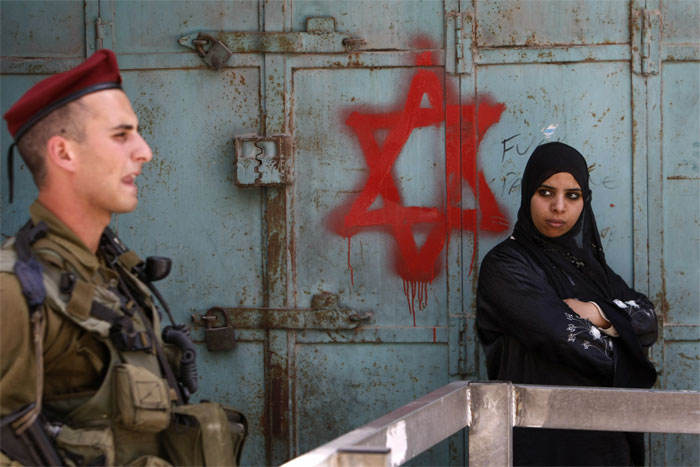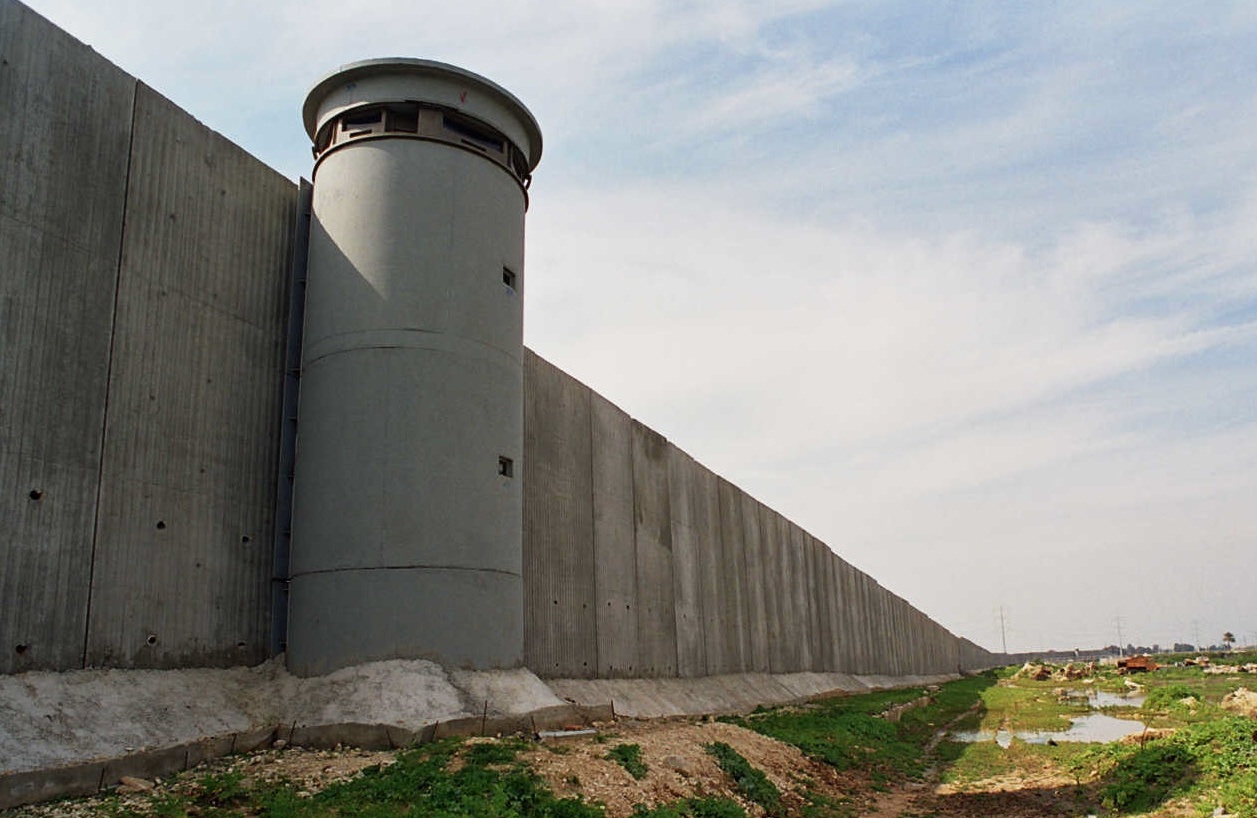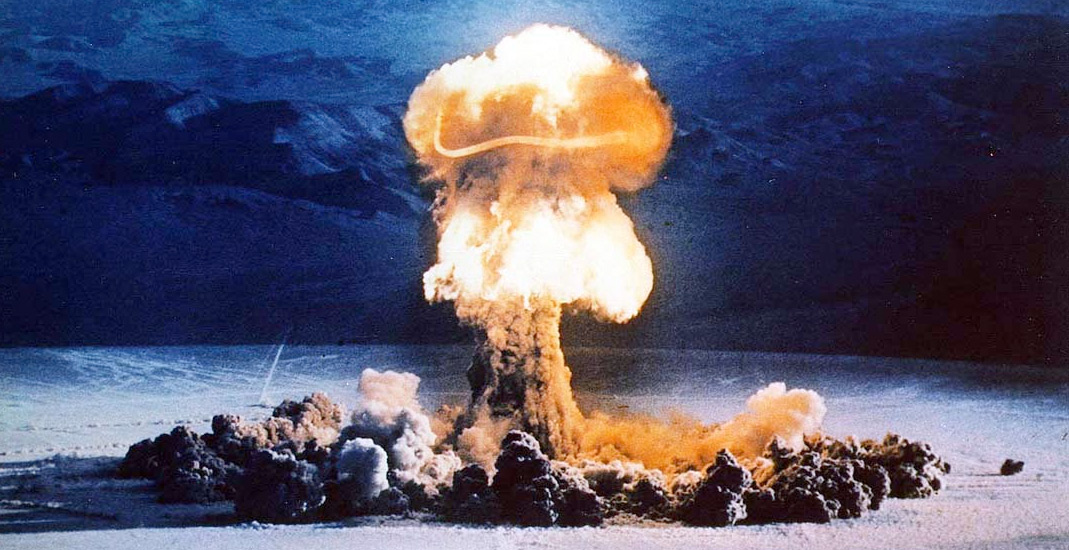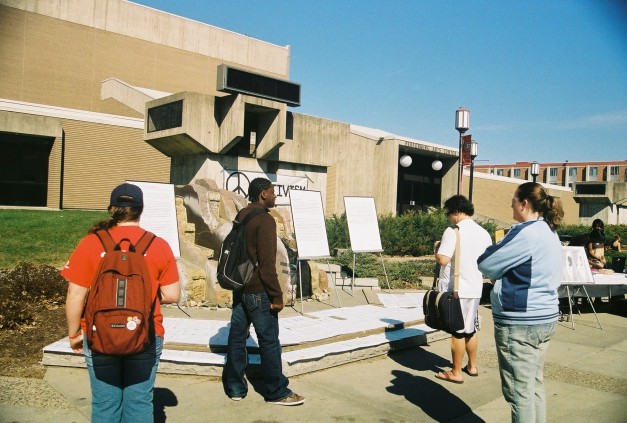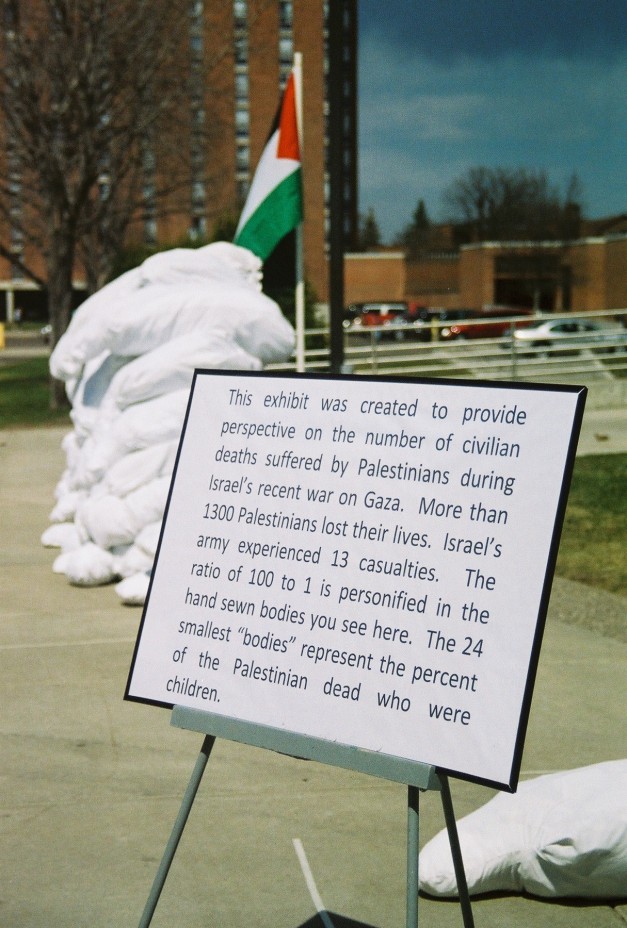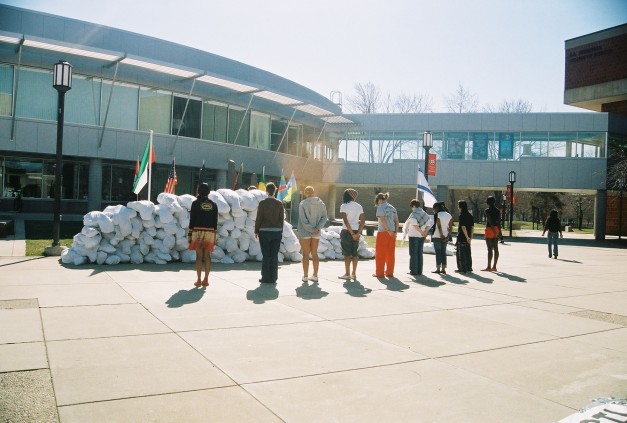By Sylvia Schwarz, MinnPost, 20 January 2010
The four Geneva conventions at the core of international humanitarian law were adopted in 1949 and ratified by 194 countries in the world. These conventions specify conduct that can be found criminally culpable if violated. The first three are specifically applicable to conduct against military personnel who are not combatants (i.e., prisoners of war, medical personnel, wounded soldiers, etc.), and the fourth applies to civilian noncombatants.
Despite Israel’s protestations to the contrary, and despite its ratification of the four Geneva Conventions in August of 1949 (with the reservation that Israel would use the Red Shield of David instead of the Red Cross), it has violated these conventions through its 62-year history and continues to violate them to this day.
Below are just a few examples: In 1967, during the Six-Day War, Israel attacked the USS Liberty, killing 34 American sailors and wounding nearly 200 (in violation of the second Geneva Convention). Israel claims that it was a mistake, but there is a plethora of evidence to the contrary; the reason for the attack was to keep the United States from finding out about an ongoing massacre of Egyptian prisoners of war (in violation of the third Geneva Convention).
The first Geneva Convention applies to conduct toward medical transports, medical units, and medical personnel, all of which were targeted and many destroyed during Operation Cast Lead from December 2008 to January 2009. Israel denies that it targeted any of the protected facilities or personnel, but numerous reports show deliberate targeting of them. Israel claims that all of the reports critical of Israel are biased and that it has a legitimate right to self-defense. However, the Geneva Conventions also discuss what legitimate self-defense is and what constitutes illegal and disproportionate force.
The settlements issue
Conduct of an occupation is the subject of the fourth Geneva Convention, in which an occupier may not transfer a civilian population into occupied territory. Some Israel defenders have claimed that settlements in the West Bank are perfectly legal, but the fourth Geneva Convention is clear on that issue. Every single settlement, from the settler “outposts” to the large cities, is illegal according to international law.
With these examples and many others in mind, an attempt to put a resolution in the DFL platform for Minnesota to divest from its Israel bonds to force it to comply with international law was proposed at the DFL Progressive Caucus. The resolution passed unanimously in that caucus.
The strong ties between Israel and the United States, and specifically between Israel and Minnesota, have been given as reasons to reject the resolution. On the contrary, these strong ties are exactly the reasons we should divest from Israel bonds. The money invested in Israel bonds goes directly to furthering the illegal occupation of Palestinian land, by helping to develop the civilian infrastructure in the settlements, by building the separation wall, and by building roads that only the settlers can use. In other words, as investors in an illegal colonization we are violating international law.
Israel is getting messages from all over the world that policies violating international law cannot continue without consequences. These messages are coming mainly in the form of boycott, divestment and sanctions. Specific products and manufacturers that benefit from illegal occupation are boycotted, and universities and institutions are divesting from investments in Israel. We, as Minnesotans, should lead the effort and withdraw our financial support from a regime that violates international laws.
Sylvia Schwarz, St. Paul, is a member of International Jewish Anti-Zionist Network — Twin Cities (IJAN-TC).

